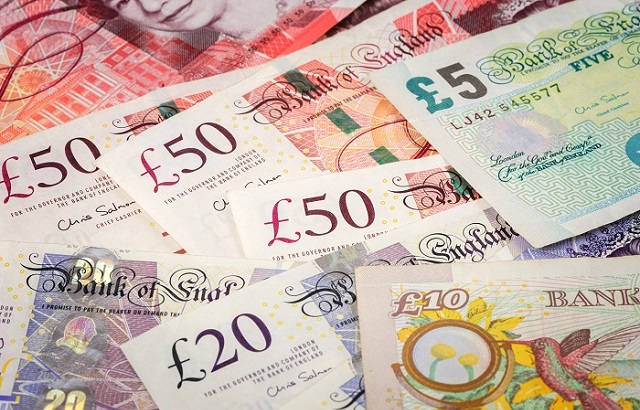UK taxpayers had more than £850bn ($1trn, €995bn) in foreign accounts in 2019, not-for-profit organisation Tax Policy Associates (TPA) has revealed.
The company’s Freedom of Information (FOI) request to HM Revenue & Customs (HMRC) also discovered that of the total sum, £570bn were held in “tax haven bank accounts” in jurisdictions including Jersey, Guernsey and 34 others.
The latest available figures relate to 2019, according to TPA.
Since 2017, HMRC has been receiving financial data on UK taxpayers from over 100 countries under the Common Reporting Standard (CRS).
But TPA said that, when it asked the taxman about how much of the £570bn had been declared tax returns, HMRC said it didn’t yet know what proportion of the foreign financial accounts had been properly disclosed and that it could not deduce it from the data it had.
Greater transparency
Dan Neidle, founder of TPA, said: “This should be a bonanza for HMRC. We’re all, except non-doms, supposed to declare income from foreign accounts in our tax returns, with up to 300% penalties if we don’t.
“So, if someone has foreign account income reported under CRS which wasn’t included in their tax return, and they’re not a non-dom, HMRC should be able to immediately identify potential tax evasion.
“Right now, it’s unclear quite what HMRC have done – they’re refusing to say. They’ve said that they ‘systematically’ check the CRS data, but won’t reveal more.”
In the FOI response, HMRC said: “We have not produced or received any estimates, analysis or statistical information as to what proportion of the foreign financial accounts have been ‘properly disclosed’, nor can this be accurately inferred in the data we hold.”
But the UK taxman also clarified that “a number of the accounts reported through the CRS are not actually chargeable to UK tax, nor is every account of a sufficient value to impact on a persons’ UK tax position”.
Neidle believes, however, that there should be a greater degree of transparency.
“HMRC obviously should not reveal precisely how it uses CRS data, but it should be open about the results,” he added.
“How much additional tax has been collected from investigations sparked by CRS? How many penalties and prosecutions have there been?
“This transparency is important for three reasons: keeping HMRC accountable; deterring tax evasion; and bolstering public faith and confidence in the tax system.”








